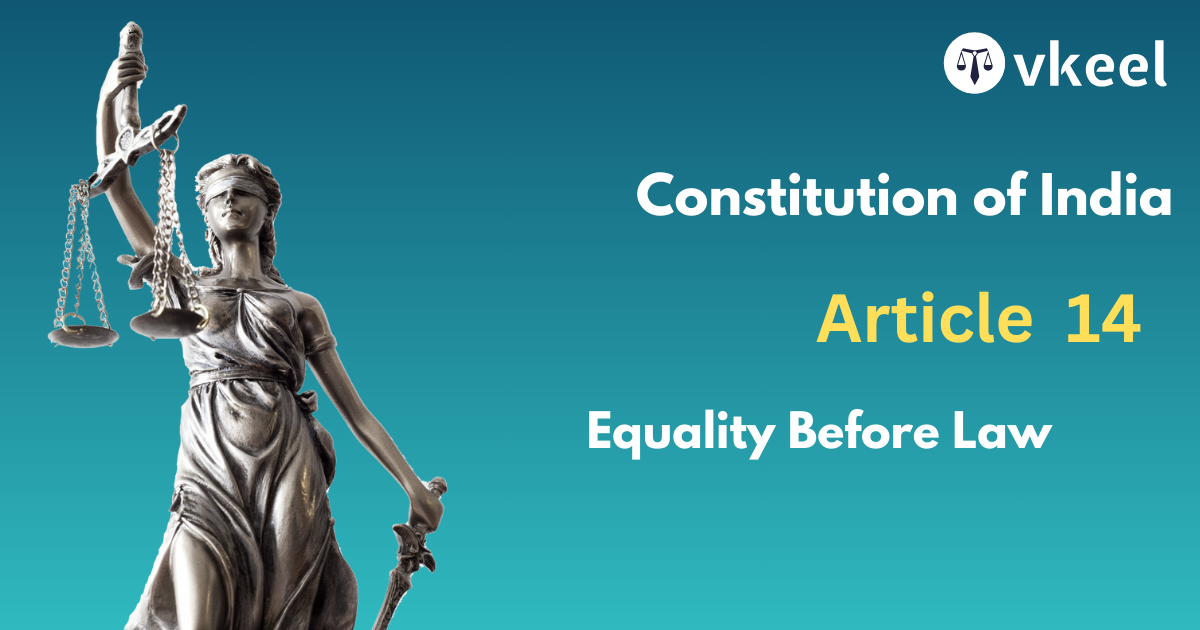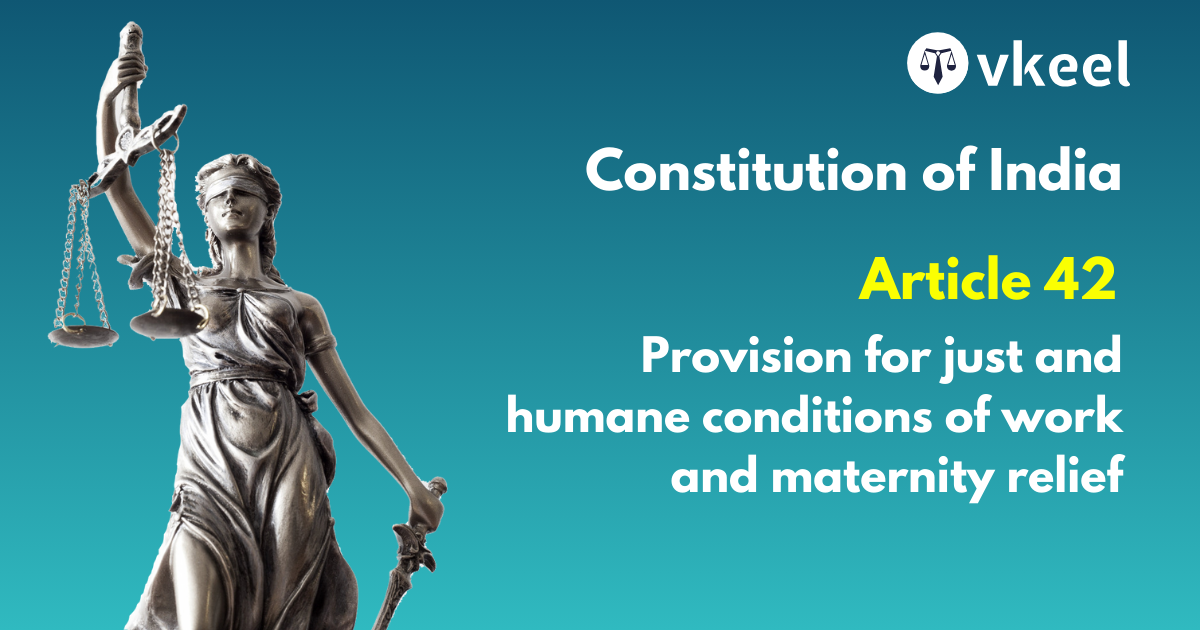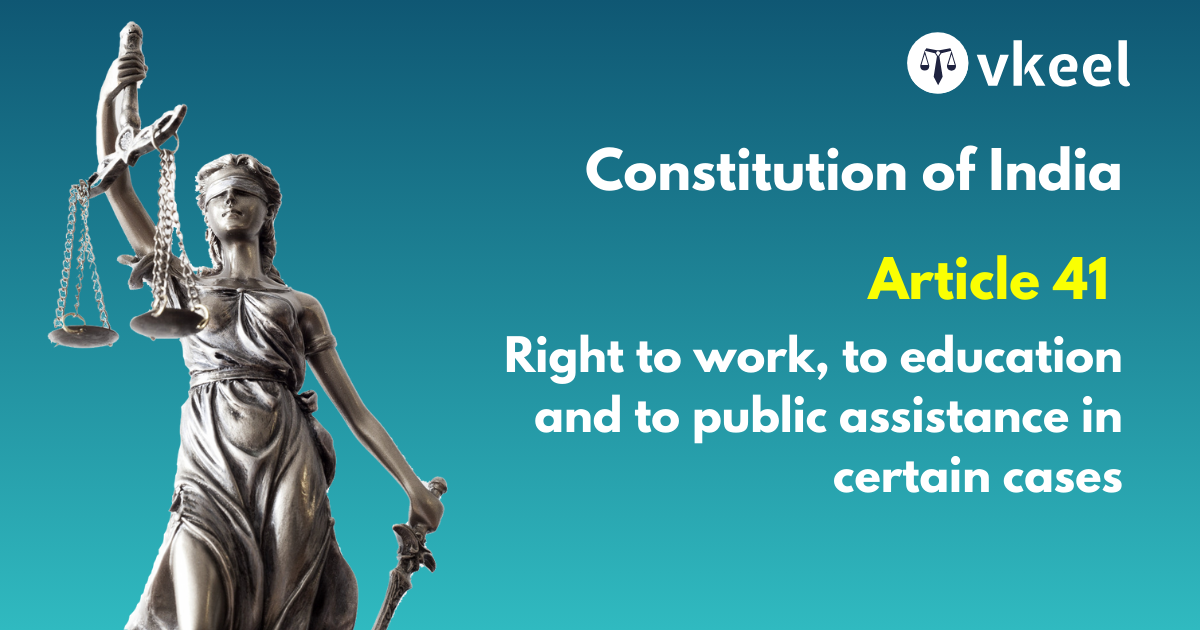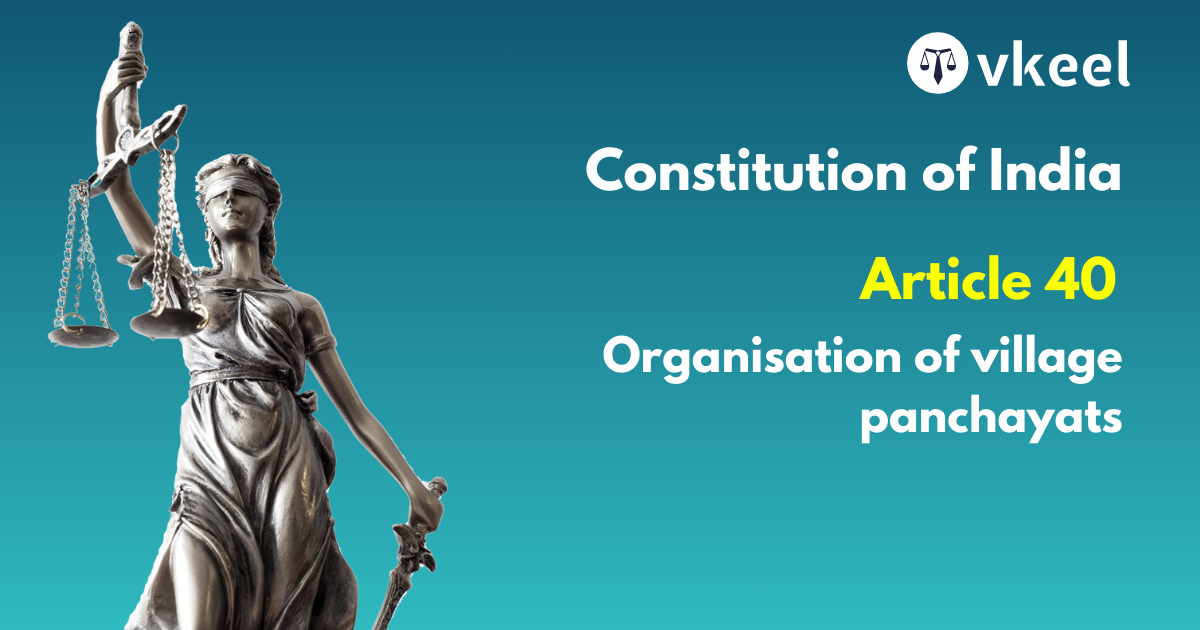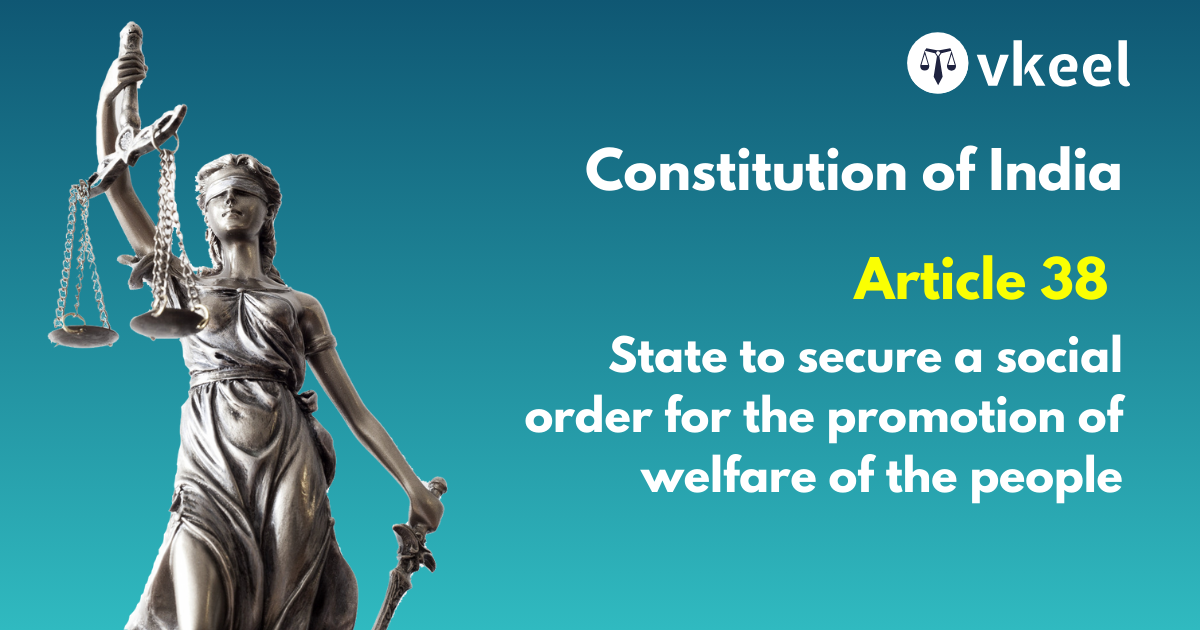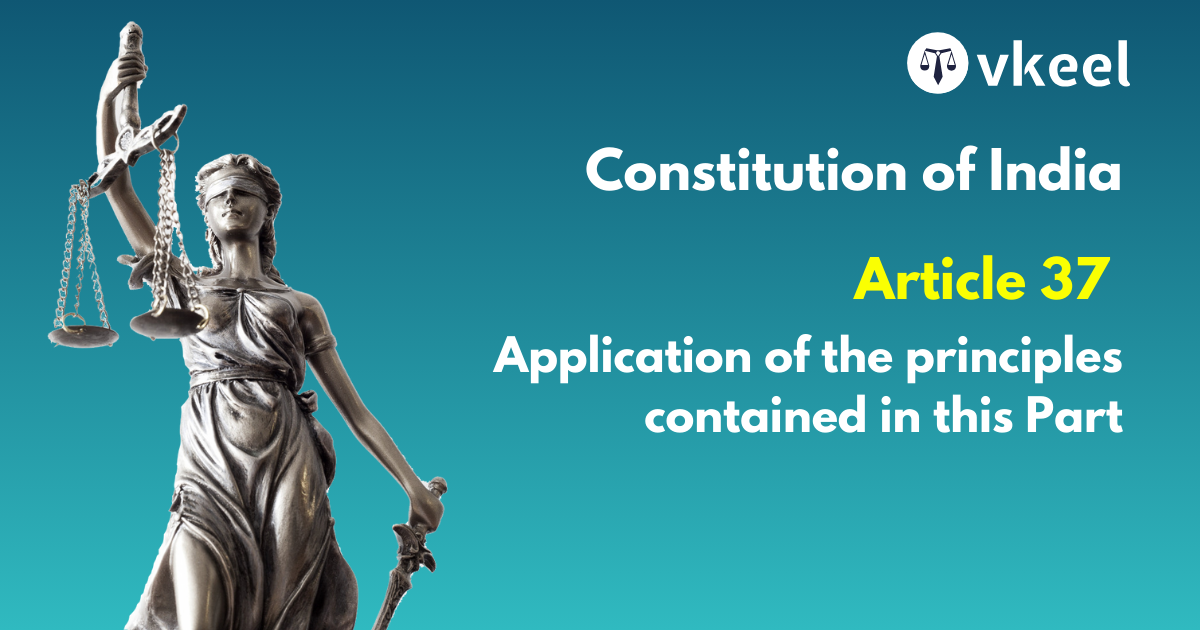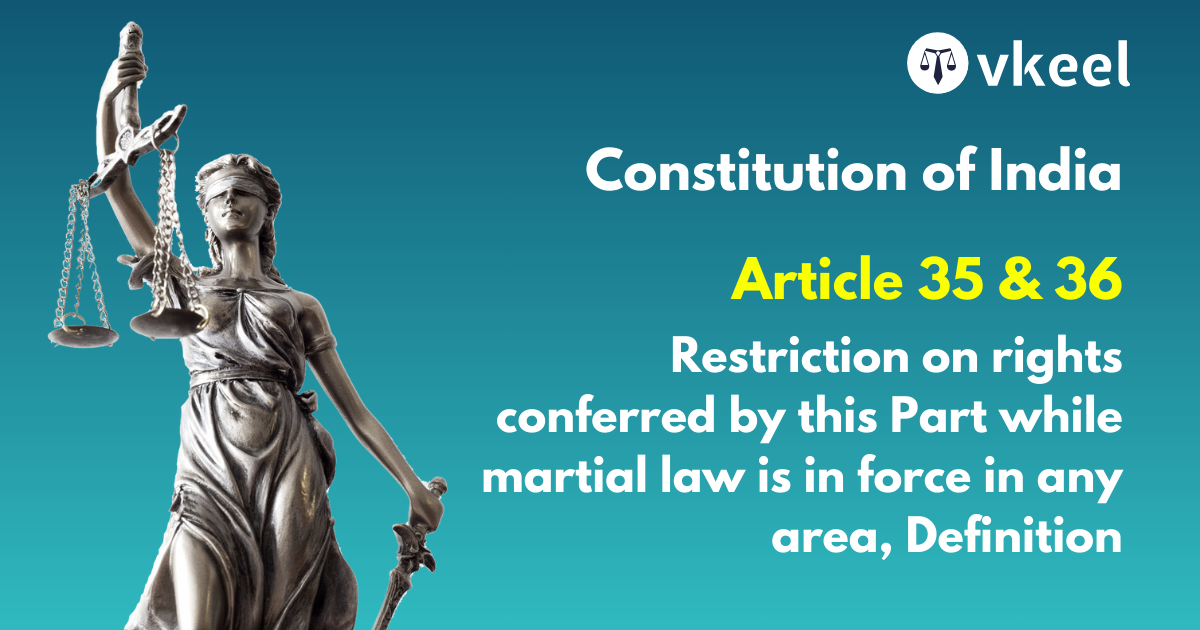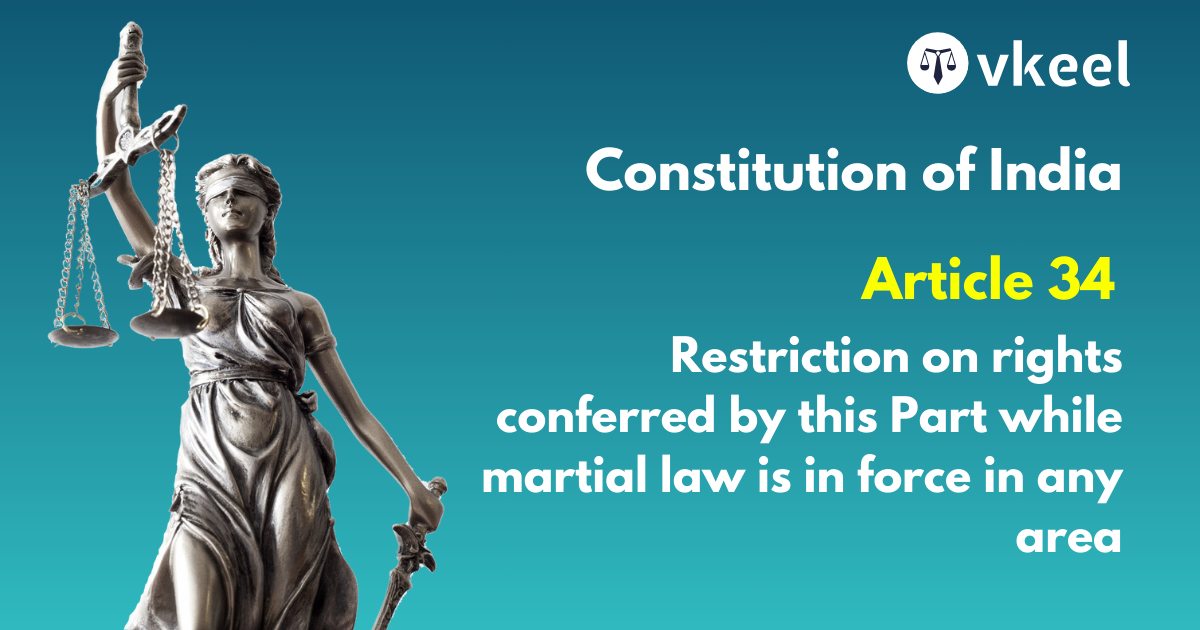Article 14: Equality Before Law
By Vanshika Saini
Table of Contents
Introduction
Article 14 of the Indian Constitution postulates the right to equality, before the law. In the context of the aforesaid law may and thus confer very valuable rights on a person and their protection, must be as much the objective of Judiciary.
The provision should be closely and vigilantly guarded, but , in construing it we should not adopt a doctrinaire approach which might choke all beneficial legislations, the above entailed paragraph was upheld in the case of ‘Chiranjit Lal vs Chowdhuri vs Union of India, 1951.
Article 14
Equality before law.—
The State shall not deny to any person equality before the law or the equal protection of the laws within the territory of India.
Landmark Cases
Javed vs State of Haryana 2003 Where a State law seeks to disqualify from holding any Panchayati Raj elective posts persons having more than 2 children, it cannot be taken to be arbitrary classification. One of the objects sought to be achieved by the legislation is popularising the family welfare/family planning programme. The disqualification enacted by the provision seeks to achieve the objective by creating a disincentive. The classification does not suffer from any arbitrariness.
Chairman Railway Board vs Mrs. Chandrima
Fundamental rights are available to all the “citizens” of the country but a few of them are also available to “persons”. Article 14 of the Constitution, which guarantees equality before law or the equal protection of laws within the territory of India, is applicable to “any person” which would include the “citizens” of the country and “non-citizens” both.
Conclusion
Article 14 possesses an inbuilt flexibility to allow reasonable classification passed on an objective basis.
The provision enshrined in the Constitution of India guarantees equality before law and equal protection of laws.
Disclaimer:
The information provided in the article is for general informational purposes only, and is not intended to constitute legal advice or to be relied upon as a substitute for legal advice. Furthermore, any information contained in the article is not guaranteed to be current, complete or accurate. If you require legal advice or representation, you should contact an attorney or law firm directly. We are not responsible for any damages resulting from any reliance on the content of this website.

